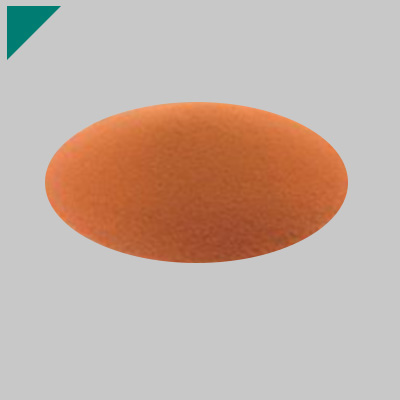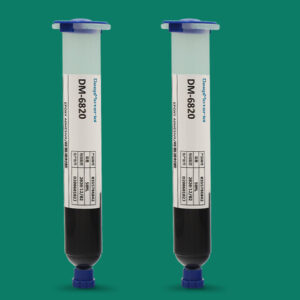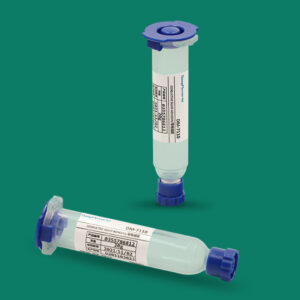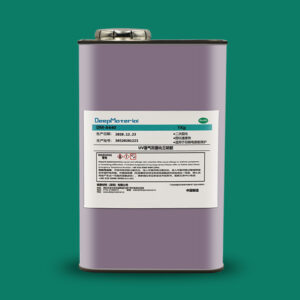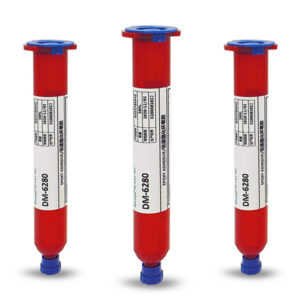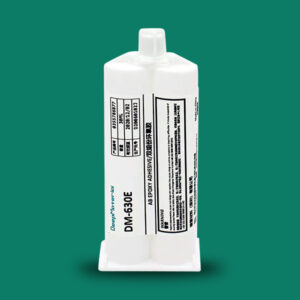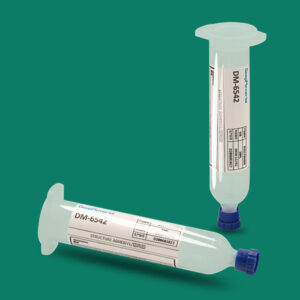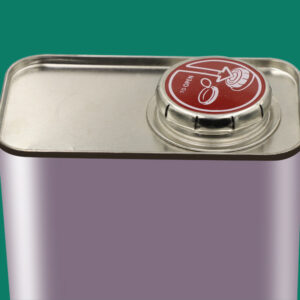What is the best bonding adhesive?
What is the best bonding adhesive?
An adhesive is a substance that helps two materials stick together. Bonds are commonly used in manufacturing, construction, and packaging. However, they are also found in various consumer products, such as shoes, tires, and electronics. The word “adhesive” comes from the Latin word “adhaerere,” which means “to stick.” Adhesives are made from a variety of natural and synthetic materials, including rubber, resin, and cellulose. Adhesive materials are usually either dissolved in a solvent or dispersed in water. Adhesives and bonds are used in a wide variety of applications, from bonding wood to concrete to holding together the components of an airplane. The type of adhesive used depends on the materials to be joined, the strength required, and the environment in which the joint will be exposed.
Adhesives are incredibly versatile and are used in a wide variety of industries, from construction and automotive to aerospace and electronics. Sealants are used to bond substrates together, seal against environmental elements, and provide vibration and acoustic damping. Adhesives are available in many different formulations to meet the specific needs of each application. For example, water-based adhesives are commonly used in the food and beverage industry, while solvent-based adhesives are most demanded in the automotive and aerospace industries. UV-curable adhesives are used in the electronics industry, while pressure-sensitive adhesives are used in the medical industry. The use of adhesives has a long history, dating back to early humans who used natural substances, such as tree sap, to make primitive adhesive materials. Today, adhesives are available for almost any purpose, from holding together paper products to bonding metal and plastic components.

Best bonding adhesive
Bonding adhesives are particular kinds of adhesives that can be used to stick two or three surfaces together. Adhesives are made up of resin material and a hardening element, which react to create a firm, permanent bond. Bonding adhesives are typically used in applications requiring a strong, permanent bond, such as in the aerospace industry. They are also used in the automotive industry, as well as in the construction and electrical industries. When choosing a bonding adhesive, it is essential to consider the properties of the adhesive, such as its strength, heat resistance, and chemical resistance. It is also necessary to view the properties of the surfaces that will be bonded together. One of the best bonding adhesives is discussed below.
Delomonopox
DELO MONOPOX is a new two-part, room-temperature-curing epoxy adhesive. It is a paste used for bonding metals, plastics, glass, and ceramics. The chief advantages of this new adhesive are its high shear and peel strength and its excellent chemical resistance. Delomonopox is a two-component, central-strength epoxy adhesive used to repair, rebuild, and bond metal, ceramic, glass, wood, fiberglass, and many plastic parts. When mixed, the base and curing agent react to produce a rigid, high-strength bond resistant to shock, vibration, and chemicals. Delomonopox can be used to repair surfaces exposed to high temperatures, such as engine blocks, exhaust manifolds, fireplaces, and stoves. It can also bond dissimilar materials, such as metal to plastic or glass to metal. This adhesive can be used for a wide range of applications, both indoors and outdoors. It is available in various sizes, from a small tube ideal for repairs to a large can perfect for bonding large surfaces.
Chemical nature of Delomonopox
Delomonopox is a biphenyl-based epoxy resin. The reaction makes it of bisphenol A and epichlorohydrin. The resultant resin contains two phenol moieties and one oxide group. The average molecular weight is 340 g/mol. It is a white solid at room temperature with a melting point of 45-50 °C. Delomonopox is soluble in many organic solvents such as acetone, methanol, and ethyl ether. It is insoluble in water. The chemical structure of delomonopox is shown in the figure below. The reactivity of delomonopox is similar to that of other epoxy resins. It can be cured with amine hardeners, anhydrides, and polyamines. The curing reaction is exothermic. The optimum cure temperature is 80-85 °C. Delomonopox is a white crystalline solid soluble in water with a molecular weight of about 113.1 g/mol. It is an organic compound used to manufacture plastics, resins, explosives, and adhesives. It is also used as a fire retardant and as an additive in paints and inks. Delomonopox is a volatile compound with a boiling point of about 100°C.
Delomonopox is a new class of broad-spectrum antibiotic. It is bactericidal and works by inhibiting bacterial cell wall synthesis. Delomonopox has a unique chemical structure that makes it active against a variety of Gram-positive and Gram-negative bacteria. The unique chemical property of delomonopox is its ability to bind to fungal cell membranes. This binding prevents the fungus from growing and multiplying, which ultimately leads to its death of the fungus. In addition, delomonopox is also resistant to a variety of common antifungal agents, making it an ideal agent for treating fungal infections.
Advantages of delomonopox
Delomonopox is a new generation of broad-spectrum, long-acting antibiotics for treating bacterial infections in livestock. It is the first in a new class of antibiotics that offers a unique combination of factors that make it a valuable addition to the livestock farmer’s toolbox.
Some of the advantages of delomonopox include the following:
– Delomonopox is effective against a wide range of bacteria, including Gram-positive, Gram-negative, and anaerobic bacteria.
– Delomonopox has a long half-life, which allows for once-daily administration.
– Delomonopox is well tolerated by animals and has a low risk of side effects.
– Delomonopox is gentle on the environment and does not contribute to developing antibiotic resistance.
– The main advantages of delomonopox are its safety, efficacy, and versatility. Delomonopox is a safe bactericide that is effective against a wide range of bacteria. It is also a versatile bactericide that can be used in various manufacturing processes.
If you are looking for an effective and safe antibiotic for your livestock, delomonopox is an excellent option.
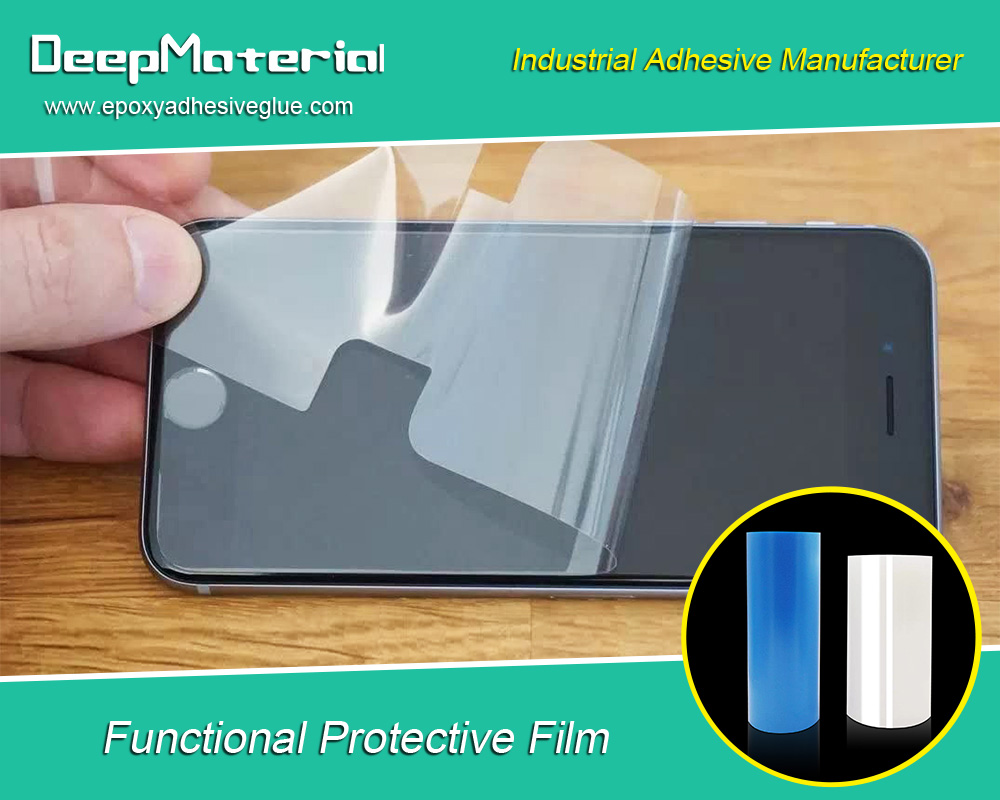
Bonding capacity of delomonopox
Delomonopox is a type of epoxy resin specifically designed for use in the electronics industry. It has a number of unique properties that make it ideal for use in a wide range of applications. One of the most important properties of delomonopox is its bonding capacity. This type of resin is able to bond different materials, including metals, plastics, and glass. It is also resistant to a variety of chemicals, including acids and bases. Delomonopox is available in various formulations, each of which has been designed for a specific purpose. In addition, Delomonopox is a heat-resistant epoxy resin with excellent bonding capacity. It is resistant to temperatures up to 180°C and can be used in a wide range of applications. If you want an epoxy resin with excellent bonding capacity, delomonopox is the ideal choice.
For more about choosing what is the best bonding adhesive, you can pay a visit to DeepMaterial at https://www.epoxyadhesiveglue.com/category/epoxy-adhesives-glue/ for more info.



